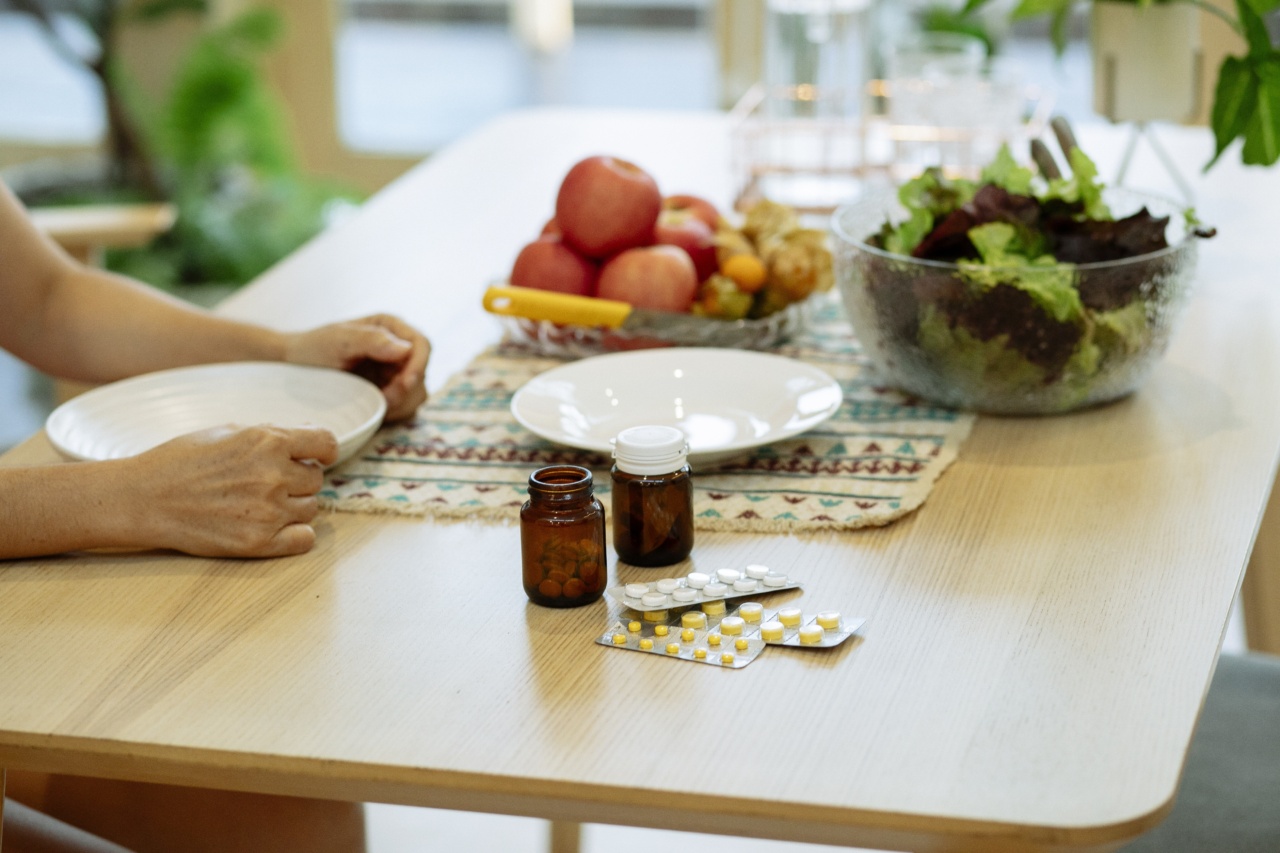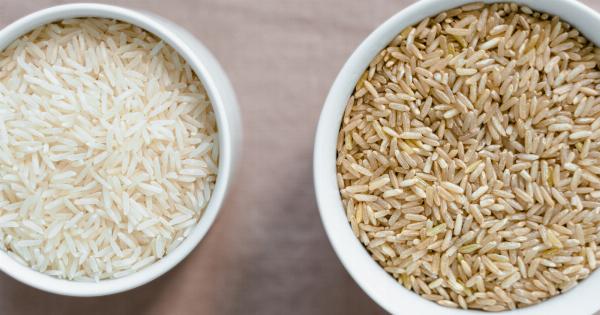If you have been diagnosed with Crohn’s disease, you know how important it is to manage your symptoms and find ways to feel better. A well-planned diet can play a crucial role in achieving remission and improving your quality of life.
In this article, we will discuss the Crohn’s remission diet and provide you with tips on how to eat to feel better.
1. Understanding Crohn’s Disease
Crohn’s disease is a chronic inflammatory bowel disease that affects the lining of the digestive tract. It can cause abdominal pain, diarrhea, fatigue, weight loss, and malnutrition.
The exact cause of Crohn’s disease is unknown, but factors like genetics, an overactive immune system, and environmental triggers may play a role.
2. The Importance of Diet in Crohn’s Remission
While there is no specific diet that can cure Crohn’s disease, making dietary changes can help manage symptoms and achieve remission. A well-balanced diet can reduce inflammation, promote gut healing, and prevent nutritional deficiencies.
It is important to work with a healthcare professional or a registered dietitian to develop a personalized diet plan based on your specific needs and preferences.
3. Fiber and Crohn’s Disease
Fiber is an essential part of a healthy diet, but it can be problematic for individuals with Crohn’s disease, especially during flare-ups.
High-fiber foods like fruits, vegetables, whole grains, and legumes can worsen symptoms such as diarrhea and abdominal pain. It is recommended to limit your intake of high-fiber foods during flare-ups and gradually reintroduce them during remission.
4. Low-Residue Diet
A low-residue diet is often recommended during Crohn’s flare-ups to reduce bowel movements and ease symptoms. This diet involves avoiding high-fiber foods, including raw fruits and vegetables, nuts and seeds, whole grains, and tough meats.
Instead, focus on easily digestible foods like refined grains, cooked vegetables, lean proteins, dairy products (if tolerated), and small amounts of low-fiber fruits.
5. Anti-Inflammatory Foods
Incorporating anti-inflammatory foods into your Crohn’s remission diet can help reduce inflammation and promote healing.
Some excellent anti-inflammatory choices include fatty fish rich in omega-3 fatty acids (such as salmon, sardines, and mackerel), olive oil, turmeric, ginger, leafy greens, blueberries, walnuts, and green tea. These foods contain compounds that have been shown to have anti-inflammatory properties.
6. Probiotics and Gut Health
Probiotics are beneficial bacteria that can support gut health and reduce inflammation. Including probiotic-rich foods like yogurt, kefir, sauerkraut, kimchi, and kombucha in your diet can help maintain a healthy balance of gut bacteria.
You may also consider taking probiotic supplements, but it’s important to discuss this with your healthcare professional first.
7. Avoiding Trigger Foods
Every individual with Crohn’s disease may have different trigger foods that worsen their symptoms. Common trigger foods include spicy foods, greasy/fried foods, processed foods, caffeine, alcohol, and high-fat dairy products.
Keeping a food diary can help identify your personal trigger foods, allowing you to avoid them and prevent symptom flare-ups.
8. Adequate Hydration
Staying hydrated is essential for individuals with Crohn’s disease, as diarrhea and inflammation can lead to fluid loss.
Aim to drink plenty of water throughout the day, and consider including hydrating foods like soups, broths, and fruits with high water content. Avoiding sugary drinks and alcohol is also important for maintaining optimal hydration.
9. Small, Frequent Meals
Instead of having three large meals, try consuming several smaller meals throughout the day. This can help reduce the workload on your digestive system and prevent symptoms like bloating and cramping.
Be mindful of your portion sizes and listen to your body’s hunger and fullness cues.
10. Stress Management
While diet plays a significant role in managing Crohn’s disease, stress can also impact symptoms.
Finding healthy ways to manage stress, such as practicing relaxation techniques, engaging in regular physical activity, getting enough sleep, and seeking support from friends, family, or a therapist, can contribute to overall well-being and help reduce flare-ups.



























